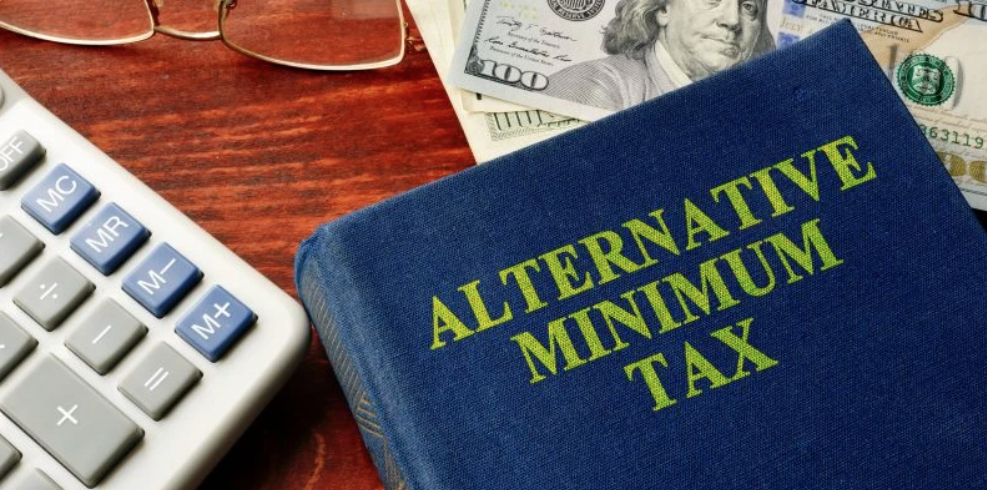DO YOU NEED TO BE CONCERNED ABOUT THE ALTERNATIVE MINIMUM TAX?

You don’t hear much talk about it anymore, but the Alternative Minimum Tax, or AMT, has been around for a long time, and it’s a tax system that taxpayers can’t afford to ignore completely. Though most taxpayers will never be subject to the AMT, it can be a rude surprise if you are. That’s because it eliminates many tax shelters that can help reduce the end-of-year tax burden. So, let’s look at how it started, what it is, and if you need to be concerned.
What is the Alternative Minimum Tax?
The AMT is a parallel tax system that has the potential to kick in after a certain income threshold is reached. It started in 1969 when it was discovered 155 wealthy Americans had avoided paying any taxes three years before. Those non-payers had used many deductions and loopholes not available to most Americans. The public backlash was intense, so Congress enacted the AMT to ensure everyone paid their fair share of taxes. Initially, the AMT was not adjusted for inflation. Consequently, it began to affect many more taxpayers than the ultra-wealthy it originally targeted. Naturally, it became highly unpopular. So, Congress went back to work, enacting different legislation to ensure the AMT only impacted wealthy filers. By 2019, only 0.1 percent of American households were affected. Most of those reporting incomes of $1 million or greater, according to the Tax Policy Center at the Urban Institute and Brookings Institution.
Who needs to be concerned about AMT?
AMT can be triggered if you meet a certain income threshold. This year the exemption amounts are as follows:
- Single taxpayers: $75,900
- Married taxpayers filing jointly: $118,100
- Married filing separately: $59,050
- Head of Household: $75,900
However, just because your income exceeds the exemption threshold does not mean you automatically have to pay the AMT. Other factors usually must be in play, as well.
One of the most common things that can trigger the AMT is if you exercise incentive stock options to buy stock at a discounted strike price. Ordinarily, this is not taxable, but an adjustment item might exist if the discount is large enough. And that raises the chances of making you subject to the AMT.
Another scenario is if you have a lot of long-term capital gains relative to your regular income. For example, if you sold stocks or a business that appreciated a great deal over several years, the chances of a phase-out of the AMT exemption go up.
Final thoughts on the AMT
The good news is most people remain unaffected by the AMT even if they begin to push up against the exemption thresholds. But it is difficult to avoid if you meet the criteria. If you are concerned, it won’t hurt to sit down and speak with a qualified CPA and see if you are subject to AMT. If so, you can learn more about it and how to work it into your overall tax strategy.